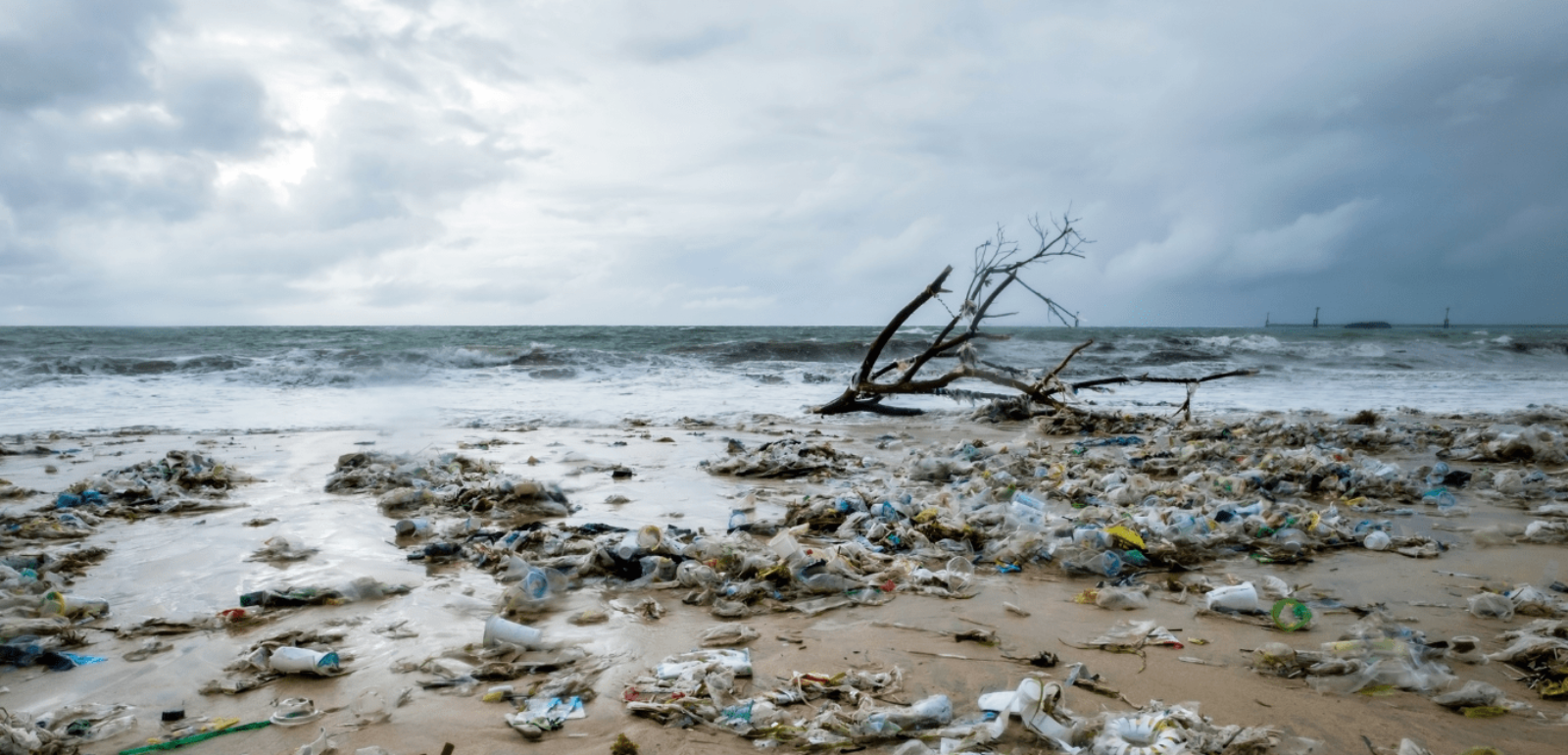A week for nature, climate and ending plastic pollution: the advancement of a Global Treaty on Plastic Pollution
Swiss
9 September 2021

This past week several events contributed to further understanding of nature conservation, climate transition and the global fight on marine litter.
For advancing Nature Conservation, the IUCN meeting in Marseille (Sept 3 to 11) has been an event of utter importance. At the meeting, on a plenary session titled Our Freshwater Global Risk – Taking Actions to Reverse the Trend, linked plastic pollution as a global problem, adding the pressure to the decline of freshwater biodiversity (83%). The representative of Conservation X Lab, Dr Alex Dehgan reminded us of that the diversification of actors in conservation issues is essential for the Conservation of Nature and to find solutions to the global risks for freshwater life. For example, microplastics are everywhere, not only in maritime environment: 35% of microplastics come from laundering our clothes, even 50% of natural fibers have some microplastics within them. This talk brought the conversation on how we need to rethink the systems beyond just conservation, by for example finding solutions like “growing our clothes, using kombucha in clothing or spoiled milk in leather and creating more creative and sustainable solutions”, said Dr. Dehgan.
In Geneva, where The SeaCleaners Swiss headquarters are located, the 7th Alternatiba Festival discussed Climate Transition from Aug 30th to Sept 4th. Two of TSC staff members attended the session held at the University of Geneva dedicated to Plastic and Climate: is it the same fight? Panelists represented an array of actors coming from the International Geneva and offered an overview of the issues and demonstrated how intricated they are. The Center for International Environmental Law, represented by Nikki Resih, set up the context by highlighting the most important parts of their reports “Plastic and Climate” and “Plastic and Health”. Florian Breider, from the Ecole Polytechnique Fédérale de Lausanne presented the latest trends in plastic pollution research and its environmental impact. The Executive Secretary of Basel, Rotterdam and Stockholm Conventions Rolph Payet reminded us about the importance of those treaties and what they mean to the work of climate advocates and plastic pollution stakeholders. And while Earthjustice representative Yves Lador talked about how the “International Geneva” can contribute to the work of plastic reduction and therefore the work of the so urgent transition for the climate that everybody needs to work on for the planet.

One of the most important news shared during the session was announced by Marie-Pierre Meganck (United Nations Environment Assembly) who was attending the Ministerial Conference on Marine Litter and Plastic Pollution held in Geneva during Alternatiba (1-2 Sept), and jointly organized by the Governments of Ecuador, Germany, Ghana and Vietnam. Indeed, one of the most important outcomes of the Conference was that for the first time many countries stated that plastic was not only an issue of marine pollution but needed to be tackled as a global system.
In the final statements published on the meeting website, the member States stated: “Owing to the nature of global supply and value chains, trade in plastic waste and the flow of plastic in the ocean, the challenge of plastic pollution and marine litter is transboundary and global in scope. Current approaches, which are limited geographically and consider only parts of the life cycle of plastics, have proven insufficient. […] Urgent action is needed at all levels, including setting common objectives, developing concrete targets and action plans, taking strong measures, and strengthening regional and global cooperation and decision-making, based on the latest available science. […] “Thus, we highlight the necessity for a Global Agreement, aligned with the 2030 Agenda and the Sustainable Development Goals, that is based on a clear and common vision with ambitious objectives, suitable indicators, and the measures necessary to achieve the elimination or minimization of all negative impacts of plastic throughout its life cycle, including the significant reduction and progressive elimination of direct and indirect discharges of plastic into the environment, sustainable alternatives and the reduction of virgin plastic production.”

The SeaCleaners and all actors aiming to reduce plastics in our environment can only rejoice about this news. The Global Agreement would add to other conventions and treaties for more pressure onto plastic overly and badly used. It would also allow to look at the issue holistically for behavior changes not only at the consumers level but throughout the entire plastic materials life cycle.
The SeaCleaners Swiss team and Scientific Director represented our NGO at Alternatiba and met the general public to present the Manta project, our current operations with the Mobula 8 leaving for its first missions to Indonesia and Sri Lanka and answer any questions about the NGO’s operations.